 The Pillars of the Earth
The Pillars of the Earth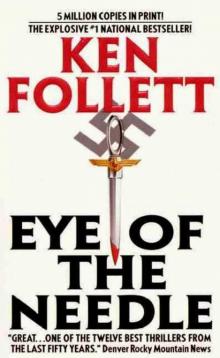 Eye Of The Needle
Eye Of The Needle Lie Down With Lions
Lie Down With Lions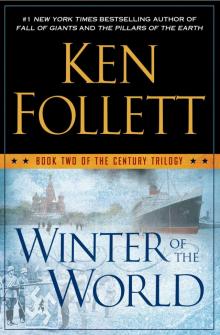 Winter of the World
Winter of the World Triple
Triple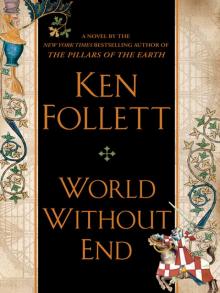 World Without End
World Without End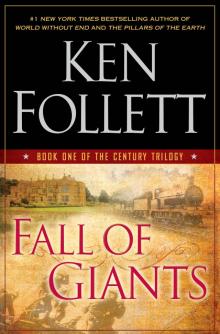 Fall of Giants
Fall of Giants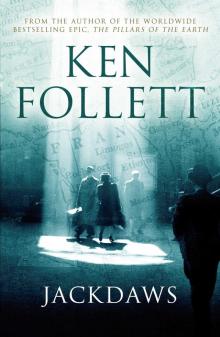 Jackdaws
Jackdaws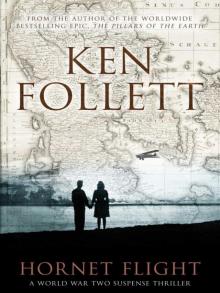 Hornet Flight
Hornet Flight Whiteout
Whiteout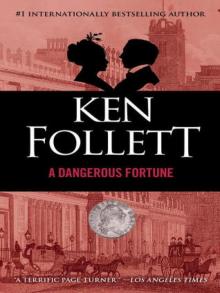 A Dangerous Fortune
A Dangerous Fortune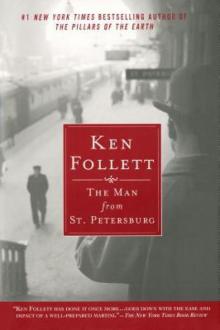 The Man From St. Petersburg
The Man From St. Petersburg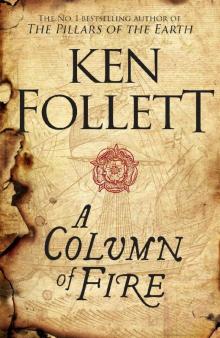 A Column of Fire
A Column of Fire The Hammer of Eden
The Hammer of Eden On Wings of Eagles
On Wings of Eagles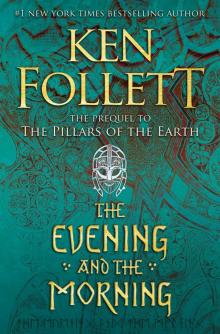 The Evening and the Morning
The Evening and the Morning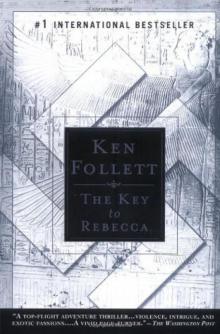 The Key to Rebecca
The Key to Rebecca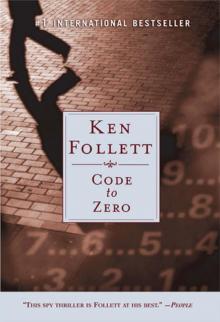 Code to Zero
Code to Zero Paper Money
Paper Money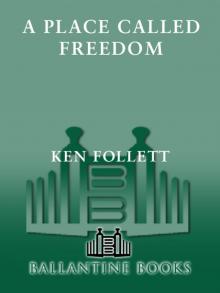 A Place Called Freedom
A Place Called Freedom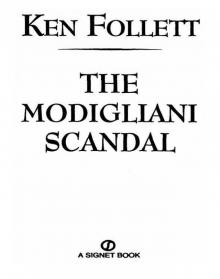 The Modigliani Scandal
The Modigliani Scandal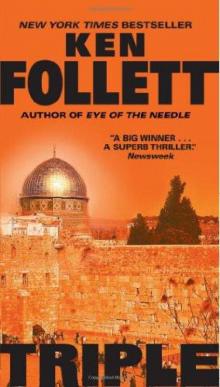 Triple (1991)
Triple (1991)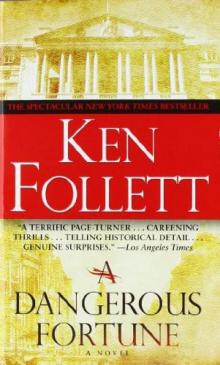 A Dangerous Fortune (1994)
A Dangerous Fortune (1994)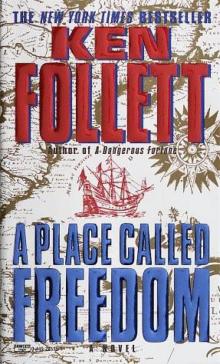 A Place Called Freedom (1995)
A Place Called Freedom (1995)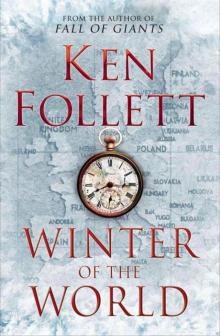 Winter of the World (Century Trilogy 2)
Winter of the World (Century Trilogy 2)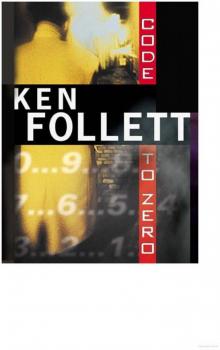 Code to Zero (2000)
Code to Zero (2000) On Wings Of Eagles (1990)
On Wings Of Eagles (1990) Storm Island
Storm Island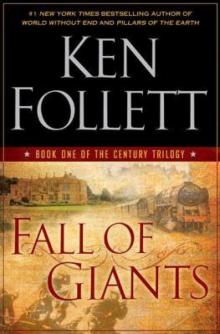 Fall of Giants (The Century Trilogy)
Fall of Giants (The Century Trilogy)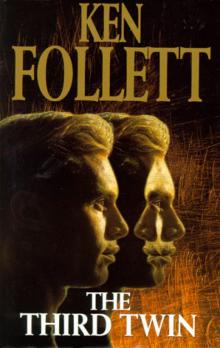 the Third Twin (1996)
the Third Twin (1996)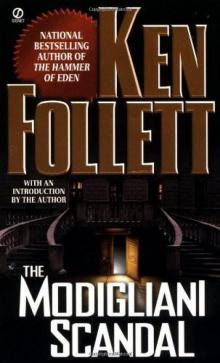 The Modigliani Scandal (1976)
The Modigliani Scandal (1976)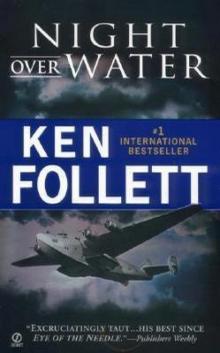 Night Over Water
Night Over Water